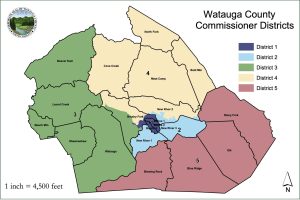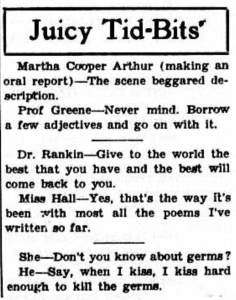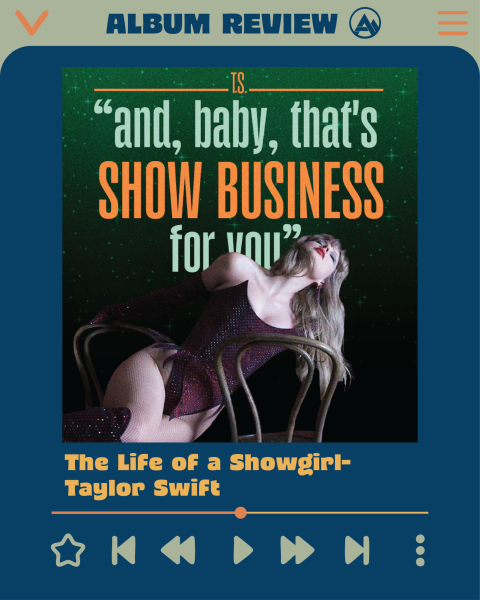The Tea: Definition by Diagnosis
November 15, 2019
For the past decade, the month of November has been different for me. I’ve donated to the Jimmy V Foundation for Cancer Research each November for the past ten years, even with my allowance as a 12-year-old.
November is the month cancer first directly impacted my life. The month when my grandfather, who had been beating cancer for five years, went to the UNC hospital and didn’t come home. That was 2009.
When Grandpa was first diagnosed, the doctor gave him less than a year to live. That wasn’t going to cut it. So, he chose to endure the unending pain of chemotherapy and radiation to create more memories with his wife, children and grandchildren.
My grandfather did not let cancer define him. He woke up each morning thankful for one more day with his family. One day he would be lying on the couch, racked by nausea from chemotherapy, the next month swimming out past the breakers with me, his grandson, clinging to his back.
Too often, we let the disease dictate the person. Their diagnosis becomes their identity. When diagnosed, it’s a name, followed by “who is battling cancer,” making it seem as though they are just a cancer patient.
When a person becomes cancer-free or goes into remission, they are called a cancer survivor for the rest of their lives, when many would like to forget that chapter. They don’t feel like any type of hero.
When someone dies, they become another person whom cancer beat. They lost the fight.
But, “when you die, it does not mean that you lose to cancer. You beat cancer by how you live, why you live and in the manner in which you live.”
The famed and beloved sportscaster Stuart Scott said that. When he spoke those words at the ESPY awards in 2014, he did not look like a man who would be gone in less than a year. He refused to let cancer define him. Instead, he lived his life to the best he could, until his body would not let him anymore.











